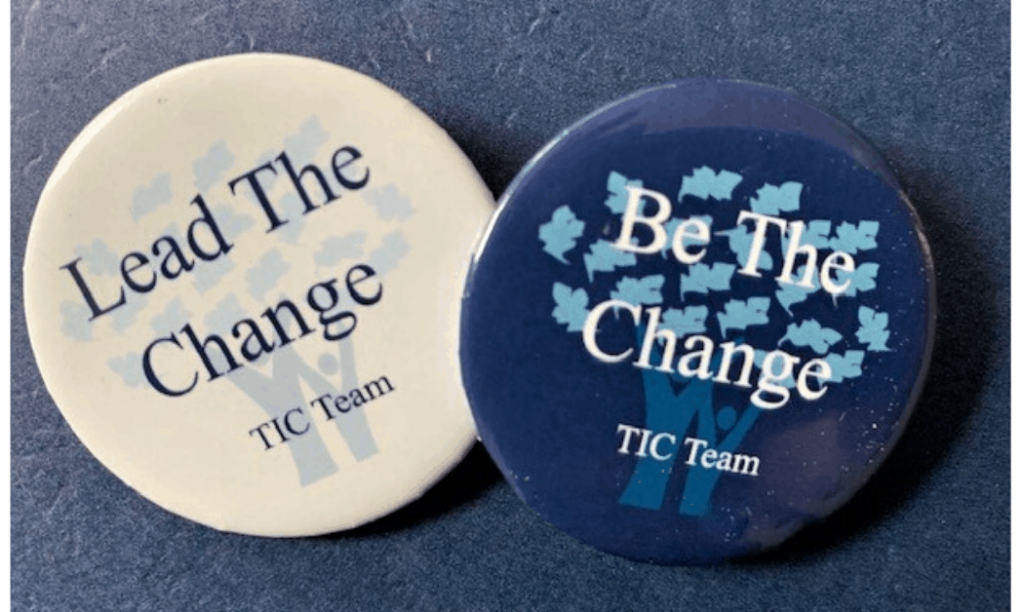A Trauma-Informed Survival Guide for COVID-19
by Tara Chalakani, PsyD, LPC, RN. The recent crisis of the coronavirus pandemic has sent shockwaves throughout the world. One thing we can agree upon is that no one has ever experienced anything like this before. COVID-19 is unlike any pandemic, natural disaster, or war, for that matter, that we have ever encountered. However, one thing we all have in common is that this is a shared traumatic event. Many of us have lost our incomes, favorite places we frequented, the ability to socialize, or worse, the life of someone we cherish. The definition of trauma is “…an event, series of events, or set of circumstances that is experienced by an individual as physically or emotionally harmful or life threatening and that has lasting adverse effects on the individual’s functioning and mental, physical, social, emotional, or spiritual well-being (SAMHSA, 2019).” In late 2018, Preferred Behavioral Health Group (PBHG) began an organization-wide implementation of trauma-informed care (TIC). This required an entire year of training every employee about what trauma is, how it affects people, and how to engage people in a manner of “what’s happened to you?” vs. “what’s wrong with you?” Approaching someone in a trauma-informed manner simply means that you acknowledge the other person has experienced trauma at some point in their life. I like to say it means being “warm and fuzzy” with everyone you interact with versus “cold and prickly.” When we agree that everyone is fighting a battle we know nothing about, it creates a deeper sense of compassion and empathy. Since being quarantined, I notice when I take my daily walk, I am smiling more at my neighbors and passersby, making intentional eye contact, and saying “Hello, how are you?” (from a distance of course). I consider myself a nice and friendly person in general, but why am I going out of my way now? Because I know for certain that we are all trapped in our homes and struggling in some way. COVID-19 is a shared traumatic experience. So, as you go about your day amidst the “new normal,” consider these trauma-informed tips to help you survive: Make sure you check in with one person you hold dear every day. Social distance is not social disconnection. Treat yourself with kindness and take care of yourself. You cannot take care of anyone else unless you practice self-care. Do one thing every day that you really enjoy. Make sure you get fresh air and move (a 10-minute walk can boost your mood for hours) Seek help if you need it. Mental health providers offering telehealth and telephonic supports are a call or click away. For more information or to seek help, call us at 732-367-4700. In peace and health, Dr. Tara Chalakani, PsyD, LPC, RN April 9, 2020
A Trauma-Informed Survival Guide for COVID-19 Read More »

